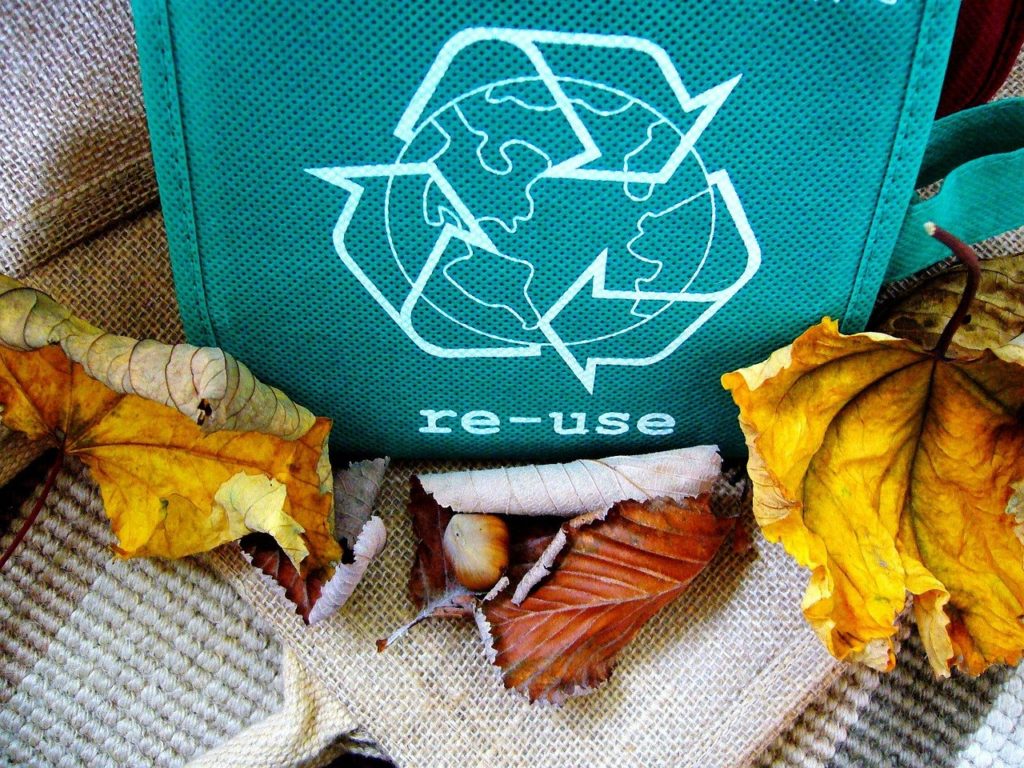Single-use plastic has become increasingly common in our news feeds, and not for good reason. Microplastics are now showing up in meat products and even in our blood. It will take a collaborative effort from government, business and individuals to tackle our plastic waste problem. We caught up with Dr Pamela Yeow, Reader in Management to discuss her research into ethical consumerism.

Tell us more about the Ethical Consumerism project
The project began in 2014 with my collaborators from the University of Essex and the University of Kent. We wanted to understand why households weren’t adopting certain ethical behaviors and what could be done about it. In our first paper on the topic, we explored the case study of bags for life and noted the role of both individuals and institutions in encouraging sustained behavioral change towards more ethical consumerism.
When the opportunity arose to further this research with funding from the Birkbeck COVID-19 Recovery fund, we decided to explore the role of the householder in tackling the reduction, recycling and reusing of plastics in a sustainable way. We chose to focus on householders because the decision as to what to do with single-use plastic waste in the home ultimately lies with individual consumers.
With the generous support of Haringey council, we were given the opportunity to interview a variety of stakeholders within their community. These included decision-makers at different levels and residents and householders living in that area. We found a few things:
- Organisations and individuals have different and inconsistent views on waste
Our discussions with consumers and members of the council revealed different and sometimes conflicting prioriities when it comes to waste management, for example in the case of contaminated waste. Contamination results from the co-mingling of recyclable and non-recyclable products. This includes items that the processing facility cannot or will not accept or items that are acceptable but not clean. For the council, contaminated waste represents a loss of income, as it is no longer recyclable. For consumers, the co-mingling of waste at the point of recycling suggested that there was little commitment by the council to recycle.
- Residents don’t agree on who is responsible for waste management
Our interviews uncovered that there was no clear line of responsibility for managing plastic waste. Opinions differed on whether responsibility rested with residents, many of whom were tenants, or landlords and housing agents. With a large, transient resident population in Haringey, there is also a need for continuous and consistent messaging to ensure recycling and waste disposal is done properly.
- A collaborative approach is needed to bring together residents, local authorities and wider infrastructure
With many community champions who are keen to be ethical consumers who reduce or reuse single-use plastic, there are ample opportunities for the council to co-design campaigns and get whole neighbourhoods involved.
How will this research impact household recycling practices?
As a result of this research, Haringey council has pledged the following actions:
- Put support in place to help all Haringey businesses reduce the sale and use of single use plastics.
- Improve waste management infrastructure by auditing containers at street-based properties and properties with communal bins.
- Review the council’s contamination policy and communications with residents to reduce contamination and ensure more waste can be recycled.
- Encourage buy-in for recycling services from landlords and residents in Houses in Multiple Occupation (HMOs) by ensuring representation of the waste team at the council’s HMO working group.
- Gather up to date data on current use of waste and recycling services across the borough.
Councillor Chandwani, Cabinet Member for Tackling Inequality and Resident Services said:“We are determined to exceed the Mayor of London’s target of recycling 50% of our household waste, but this can only be achieved by working with our communities to find solutions that will enable us to reach our joint ambition. To help achieve this ambition we have recently launched ‘Destination 50%’; a strategic campaign to deliver a range of initiatives co-produced with local residents.“Our partnership with Birkbeck, University of London has been an invaluable tool in the Destination 50% programme. Through their research with residents we have really important insights, exploring the complexities that come in an urban borough with a mix of housing tenure, architecture, socio-economic conditions and diversity of culture and languages. All of these aspects make Haringey a wonderful place, but it also means that our recycling targets can only be met if we match the range of factors in our borough.We are grateful to the Birkbeck Research team for the opportunity to access their skills and expertise that have led to in-depth conversations with residents, Veolia and Council staff objectively and independently. Without them we could not have had the candid dialogue needed. The findings have enhanced the innovative transformational approach of the programme with some changes already being implemented. I would also like to thank all the residents who gave up their time to engage in the research. Sharing their experiences, perspectives and ideas has been at the heart of this project and we will continue to listen to their views.”
Further Information
